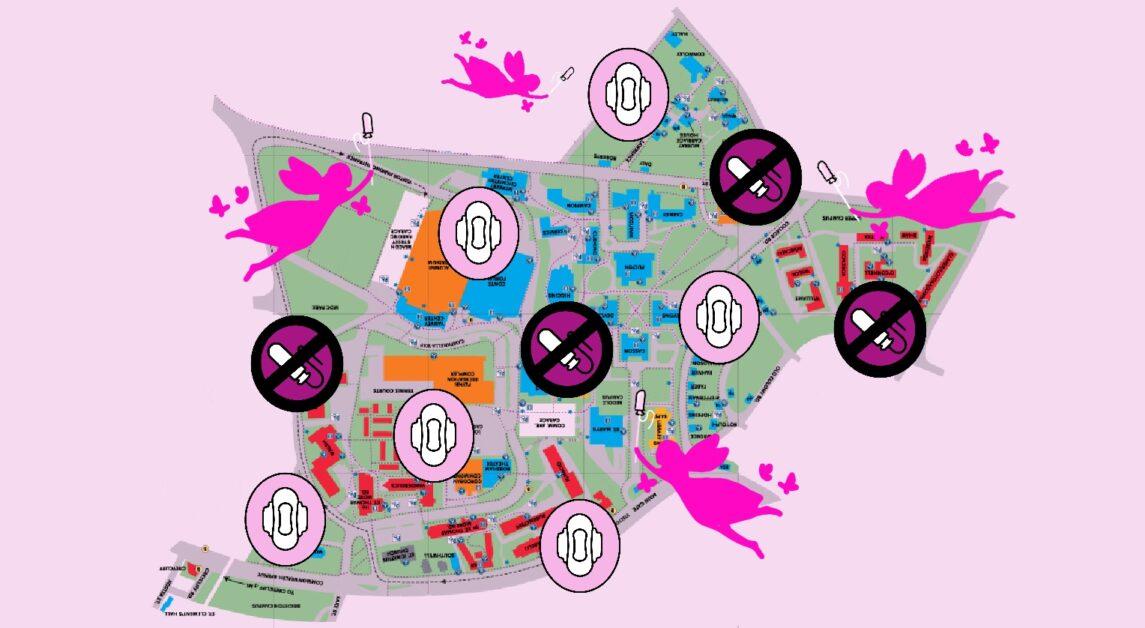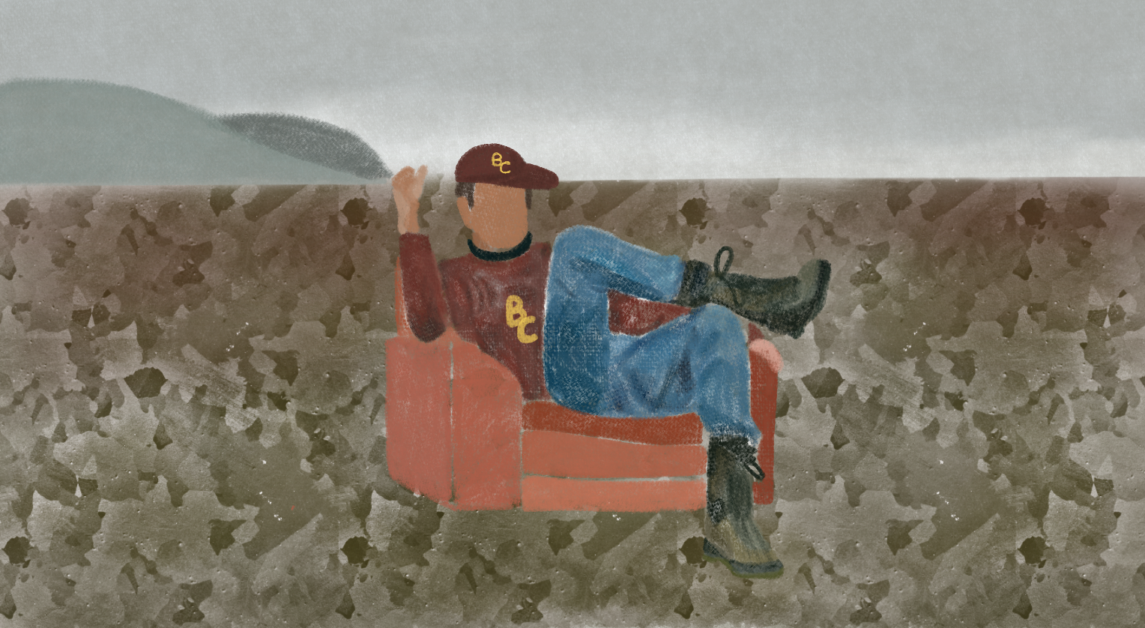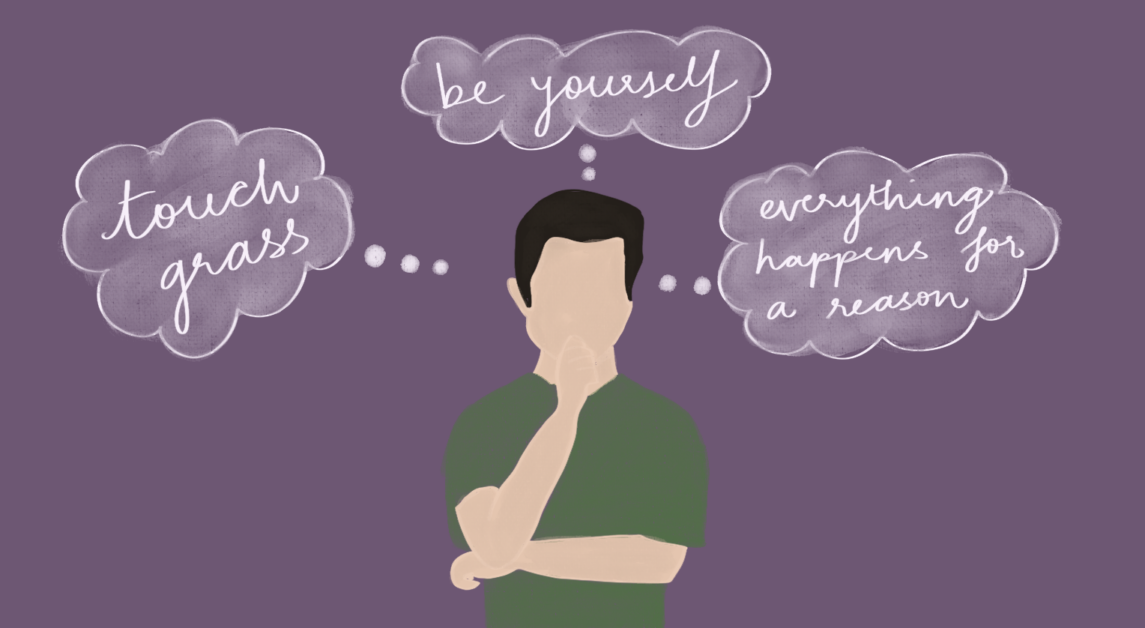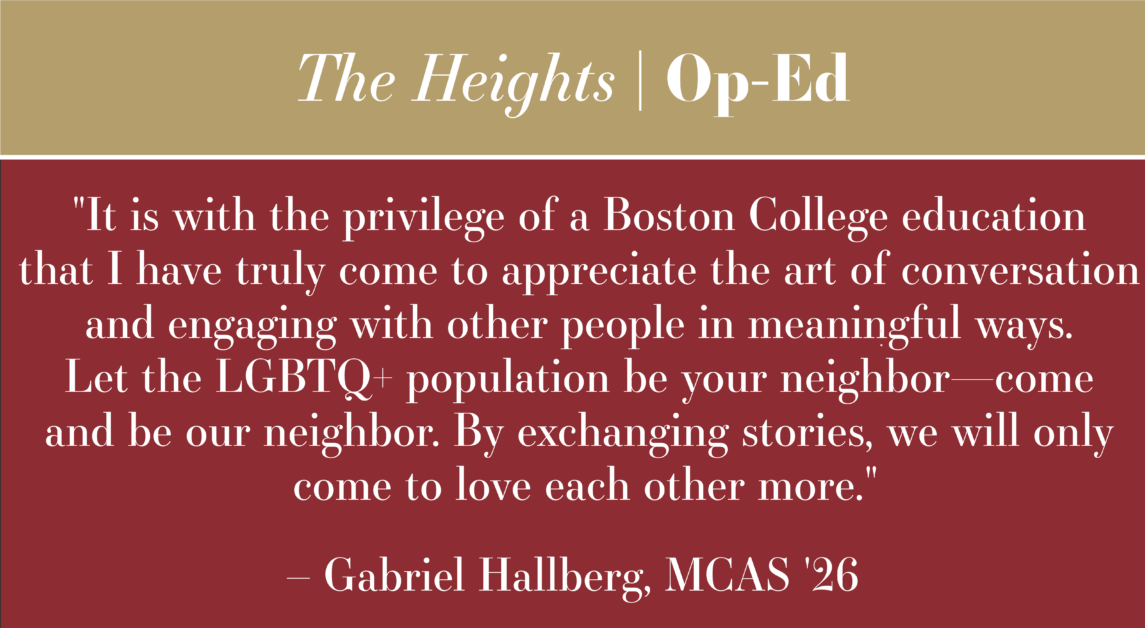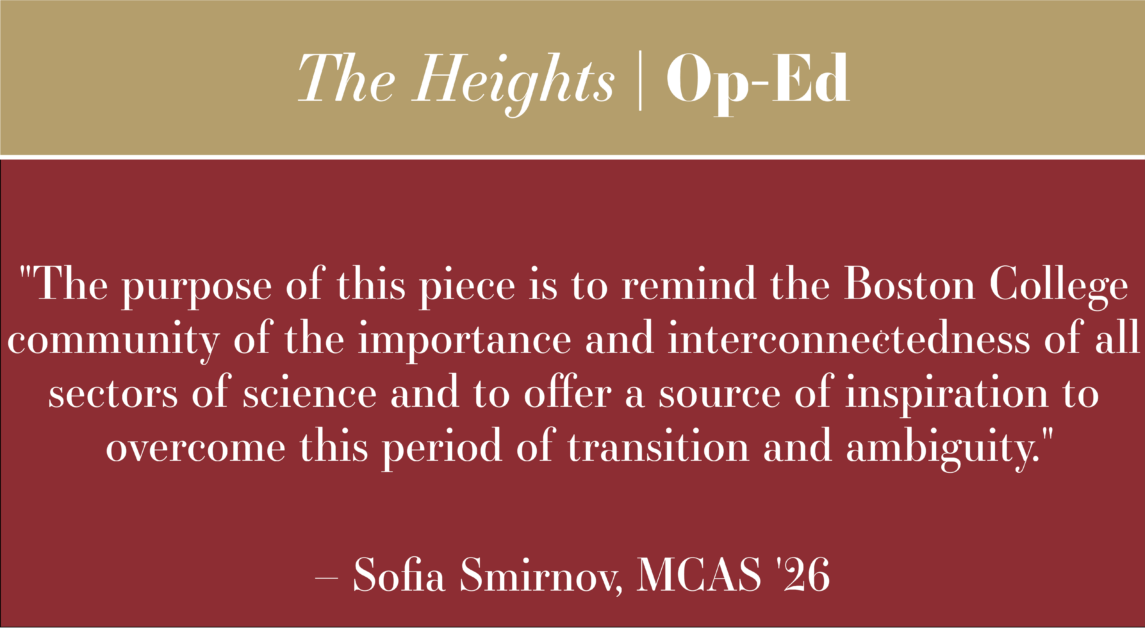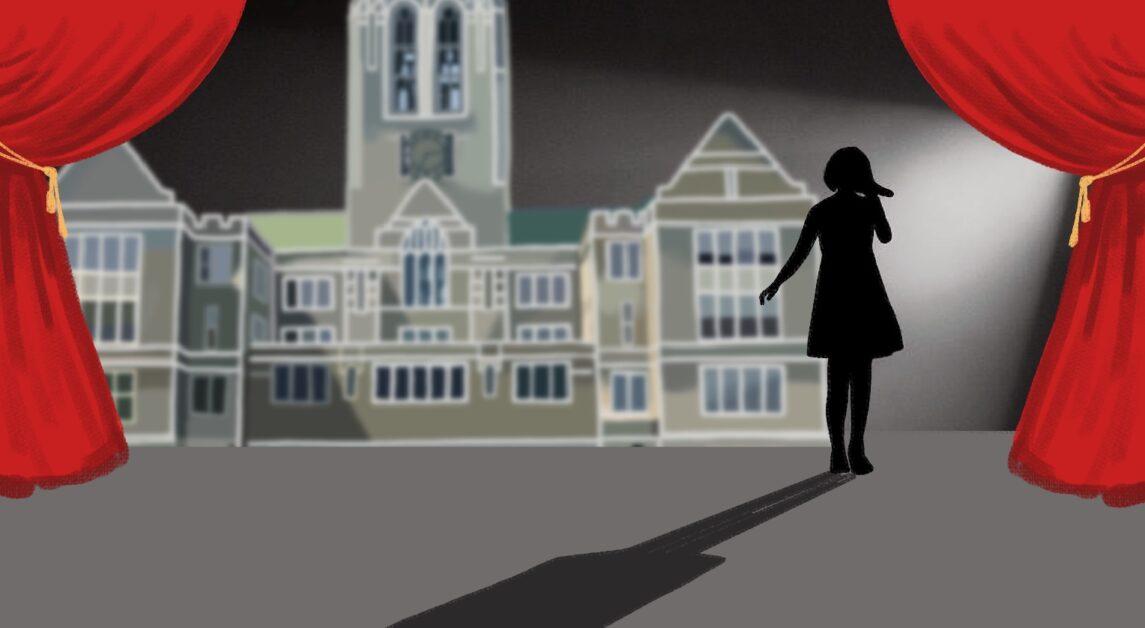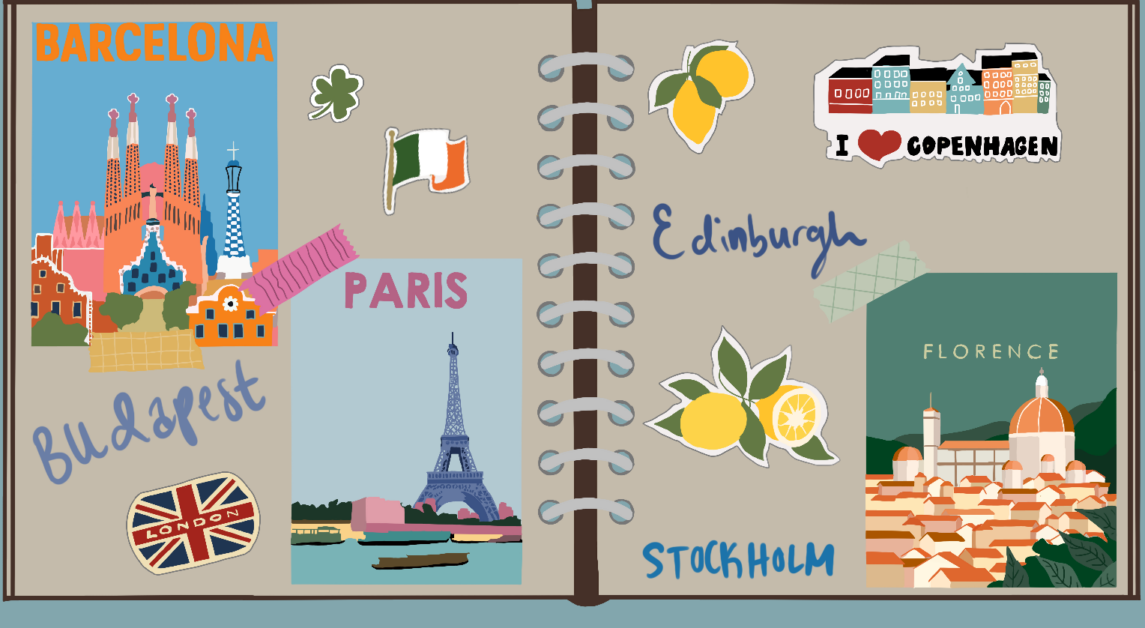I was recently scrolling through the never-ending list of words in my Notes app, scanning over hundreds of combinations of letters that had meant something to me at one point or another in my life. Blandiloquent. Eunoia. Apricity. I might not remember the exact conversations or pages of print that I’ve pulled these words from, but each and every one reminded me of the beauty in language—the ability to transform an emotion or a phenomenon into a singular word, understandable to an entire linguistic community.
Looking over the list of uniquities I’ve collected over the years, I started thinking about the more commonplace words that have worked their way into my permanent vocabulary—the ones not featured on my list but used to exhaustion each day.
One in particular stood out to me: love. A word that has become my default Instagram comment and woven its way into nearly every compliment I dole out. It ends phone calls with my parents and is exclaimed by my roommates on the daily. Despite the lack of romantic love in my life, the omnipresence of love in its more nontraditional forms piqued my interest. Naturally, the questions began flooding my brain.
If there are so many unique expressions of love, why do we use the same four letters to denote each one of them?
Why can happiness be defined by exuberance or joy and anger by fury or indignation, yet love is given no synonyms of the sort?
Sure, there are words like lust and obsession, but no widely used terms exist to stand in love’s place, at least none that retain the same level of sincerity. Because love is supposed to be sincere, right?
So, rather than spend February dodging lovestruck couples and penning bitter journal entries, I decided to do what any logical language enthusiast would—take a deep dive into the origins of the language behind love and investigate its ambiguity.
Looking back at the etymology of “love,” the word is originally rooted in ideas of affection (from the Middle English lufu) and joy (from the Germanic lubo). Interestingly enough, these roots do not indicate the kind of reciprocity commonly associated with the version of love sought by so many today. These roots are more akin to ideas of care and happiness, something that can be gained through experience and interaction, stretching beyond the limits of romance.
Though the word “love,” as we understand it today, has its origins in 13th-century language, the concept of love has stood at the center of society for millennia. The ancient Greeks took a more targeted approach to capturing love, using eight different words to explain a broad range of obsessive or enduring phenomena. From “philia,” or friendship love, to “philautia,” self-love, the Greeks viewed each unique display of affection as a phenomenon unto itself, broadening the scope of love rather than confining it to a single four letters like we do today.
So how can love span both mutual and unreciprocated feelings, encompass romance and platonism, and be both given and felt? By using the word in such a variety of ways, we are simultaneously overgeneralizing and severely restricting love in our language.
The more I weighed my usage of the word, the more I wondered whether it was losing its meaning each time I said it. For the sheer number of times the word “love” comes out of my mouth in a day, how often am I actually using it in its truest sense?
Telling my best friends I love them obviously carries more weight than expressing my love for Trader Joe’s. A quick observation of human behavior would reveal the clear distinction between saying “I love you” in a romantic context versus a platonic one—what might be said to someone you’ve been friends with for a week often takes months to be revealed in a relationship. We are aware that the context in which “love” is used weighs heavily into its meaning. And even though our subconscious knows the difference, the word “love” is still thrown around carelessly.
I’m not saying we need a complete upheaval of the English language, but I believe acknowledging the breadth of emotions and experiences encapsulated by the four letters of “love” is the only way to truly understand it.
Love weaves its way into each of our lives in countless forms, many of which we may not even realize. There’s platonic love, romantic love, materialistic love. And just because I have never been in love, in the traditional sense, does not mean that I have not felt love for so many people, places, and experiences throughout my life. Love holds a unique meaning in the eyes of every beholder, and it’s time to begin recognizing love as a word without limits—something that is not strictly limited to romance but is instead an integral part of every sector of the human experience.
This may just be the beauty of an ongoing effort to cement the feeling of love into words. Maybe love truly is a word that cannot be constrained to one definition as it encompasses multitudes in each of our lives.



